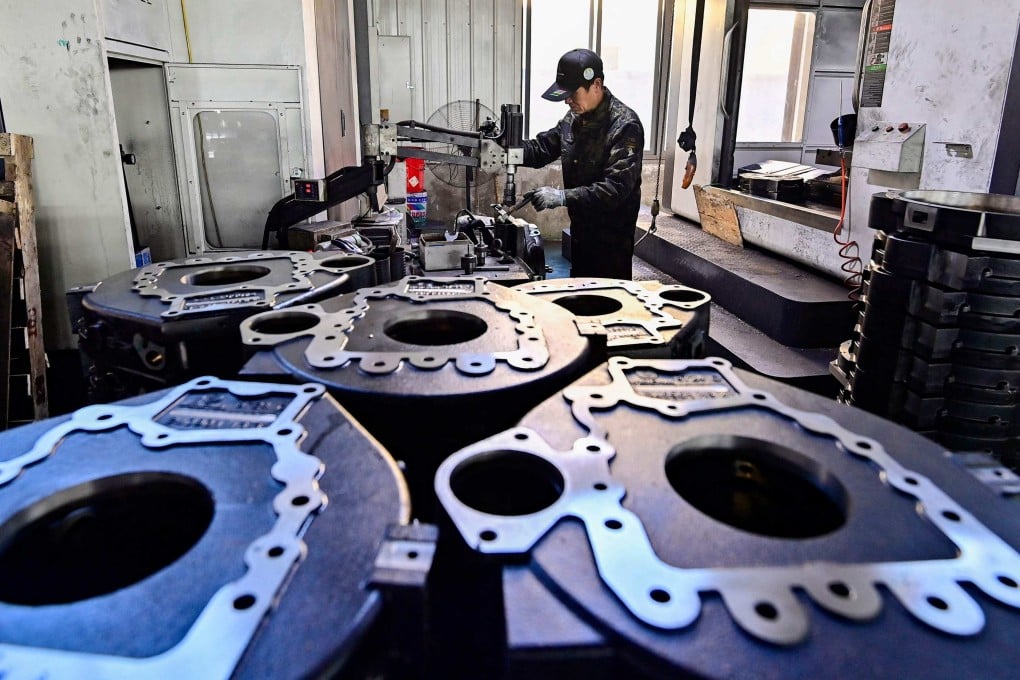Advertisement
Opinion | How China’s fast-transforming economy can avoid painful L-shaped growth
The country has all the tools – and resilience – it needs to adapt to its new geopolitical environment and accelerate the domestic transformation
Reading Time:3 minutes
Why you can trust SCMP
1

The business model that underpinned Chinese economic growth for over two decades has collapsed in recent years, especially since the outbreak of the Covid-19 pandemic. Now, the combination of rising uncertainty and falling confidence is casting a dark shadow over the Chinese economy.
The immediate reasons for the decline of China’s prevailing business model are external. In particular, geopolitical developments – mainly deepening trade frictions, especially with the United States – have rattled China’s export sector.
And US president-elect Donald Trump’s incoming administration is set to introduce even higher tariffs on Chinese goods and tighter restrictions on China’s access to foreign technologies.
Advertisement
These external factors alone would be enough to require a profound domestic adjustment in China, including an update of the business model. But internal developments are even more relevant.
After years of excessive investment, infrastructure projects are yielding diminishing returns, and the once-frothy real-estate sector is plagued by large debts, falling prices and a massive stock of unsold units. A more subdued internet economy is not helping matters.
Advertisement
Many of these developments have been a long time coming: as early as 2013, China’s economy was confronting high volatility and soaring financial risk. With too much credit having been pumped into physical infrastructure and property, the debt-to-gross-domestic-product ratio soared and overcapacity plagued a number of industries, including coal mining, steel and cement.
Advertisement
Select Voice
Select Speed
1.00x
